Insurance expert, stand-up comic, and friend of Lawhaha.com, Randy Maniloff, penned an interesting article in his latest issue of Coverage Opinions about whether people who get frightened at Halloween haunted houses, with resulting injury, can sue.
He writes:
On any other evening, presenting a frightening or threatening visage might be a violation of a general duty not to scare others. But on Halloween at trick-or-treat time, that duty is modified. Our society encourages children to transform themselves into witches, demons, and ghosts, and play a game of threatening neighbors into giving them candy.” Bouton v. Allstate Ins. Co., 491 So. 2d 56 (La. Ct. App. 1986) (also noting that the Louisiana legislature has recognized Halloween as a special occasion by exempting it from the statute which prohibits the wearing of masks in public places).
But does this “Halloween rule” apply to haunted houses? All sorts of duties are imposed on property owners to maintain a safe premises. Do these same rules apply when the premises are advertised as having, as their only purpose, to scare visitors? Indeed, many visitors will leave a haunted house disappointed if they were not frightened while there. That being the case, can the visitor of a haunted house now turn around and sue for injuries sustained in the process of getting what he asked (and paid) for?
His research turned up five reported judicial decisions in which visitors of haunted houses sought recovery for injuries “sustained on account of being scared.” Notably, the plaintiffs lost every case based on assumption of the risk analysis and the social utility of keeping haunted houses scary and darkly lit. In one case, a startled plaintiff in a pitch-dark house turned to run and ran smack into a brick wall.
Hate to be a party-pooper, but I think there’s a duty to act reasonably to prevent highly foreseeable injuries at premises open to the public. The goal of a haunted house is to terrify, the expected result is that customers will be terrified, and the instinctive response to terror is to run. But no one can see! Give them helmets, maybe even put flashlights on them, or scare them outside where they can run into the cushy-walls of cornfield mazes.
“Eerily,” as Randy notes, all five cases are from Louisiana.



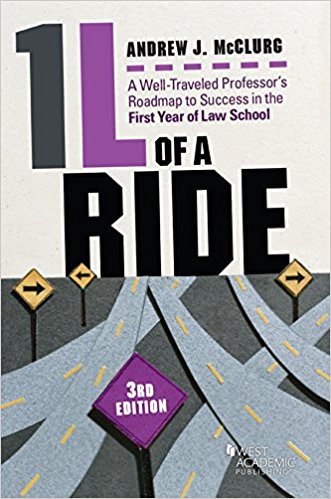
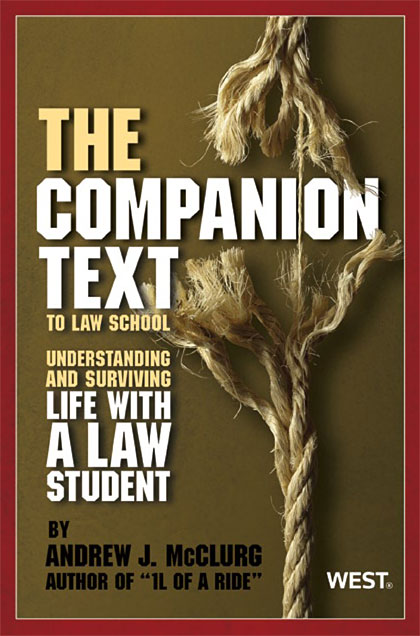




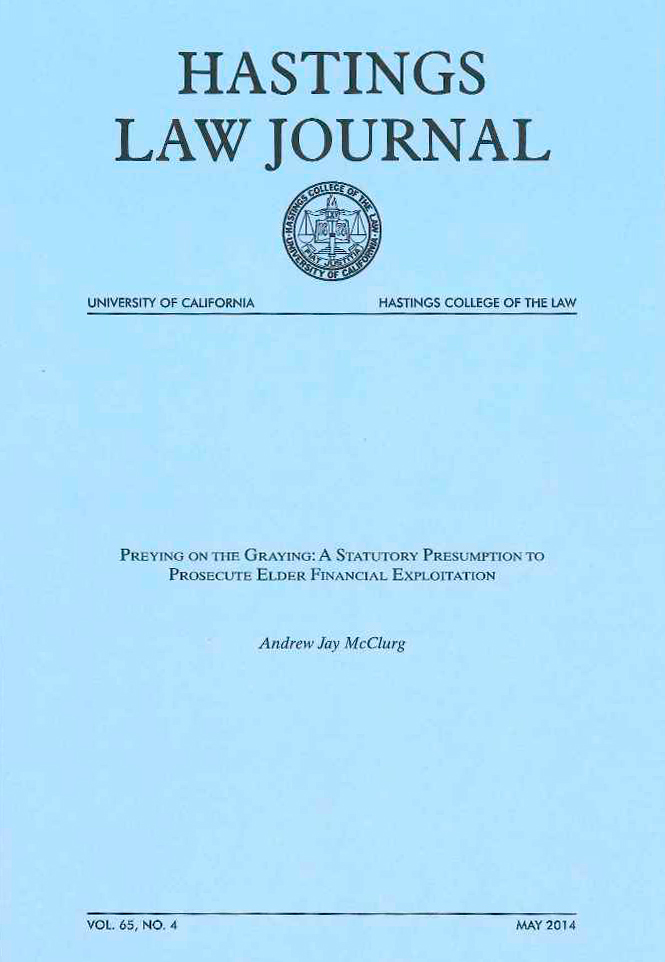
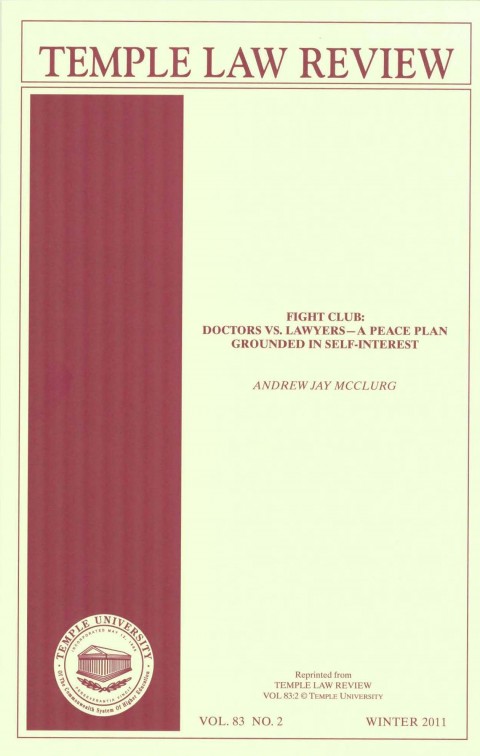
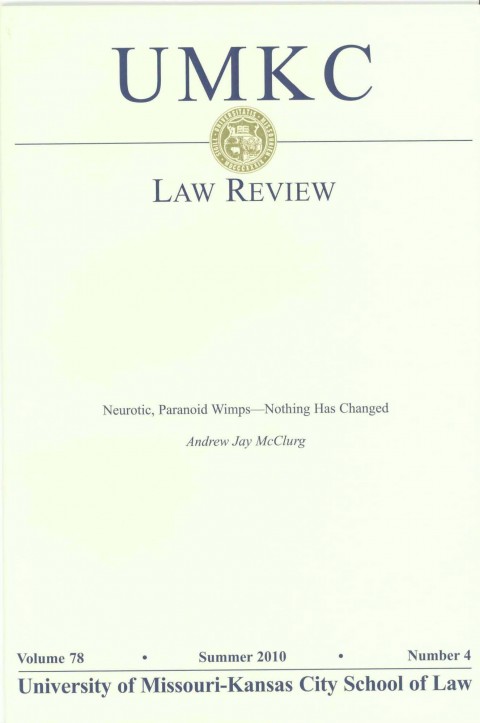
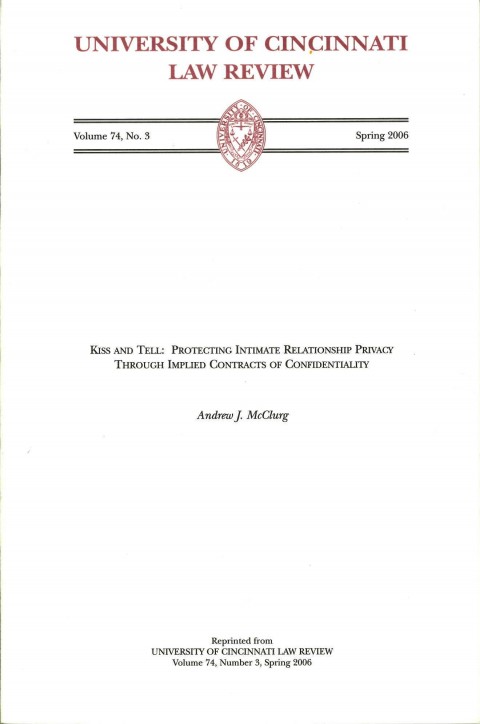
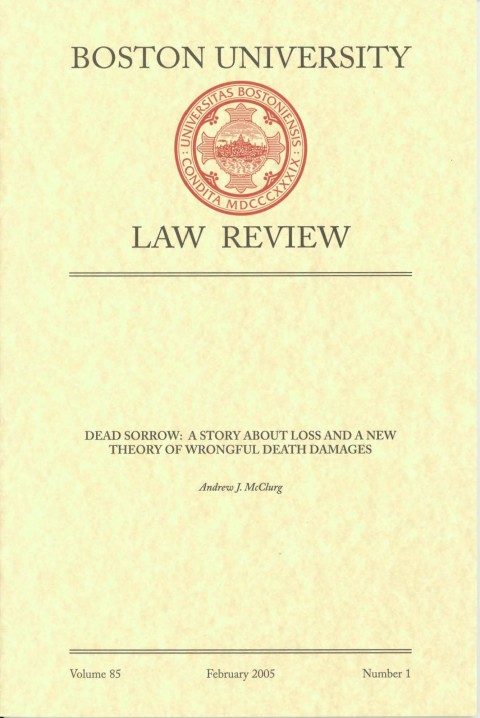
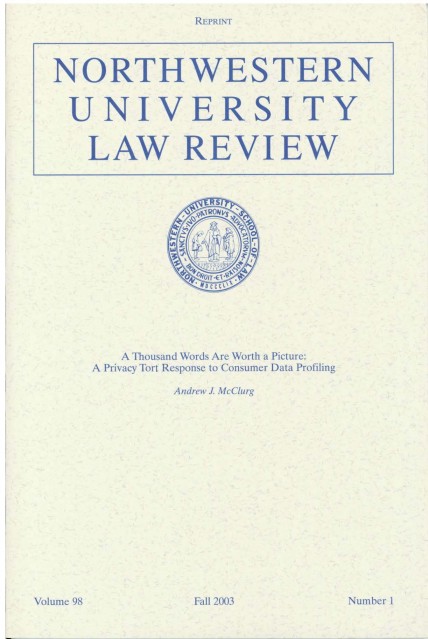
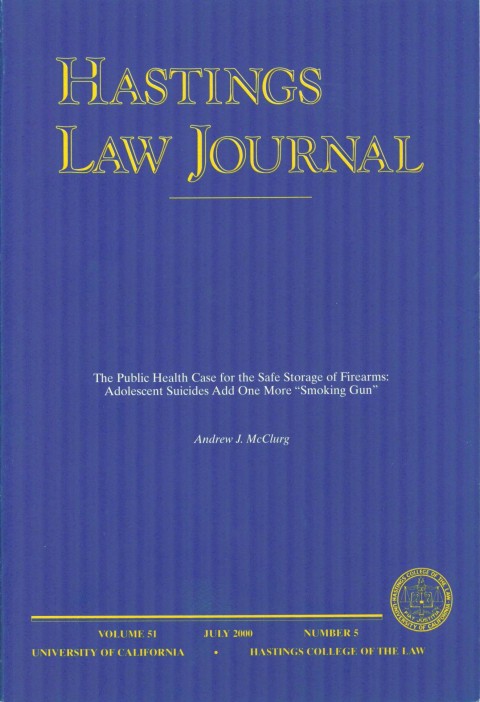
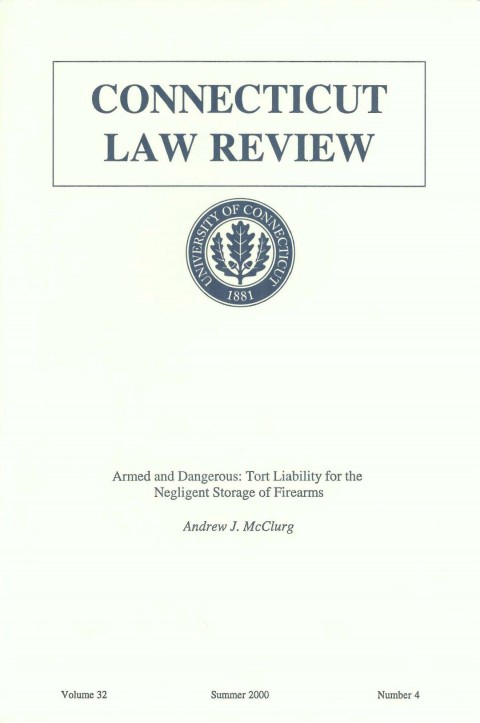
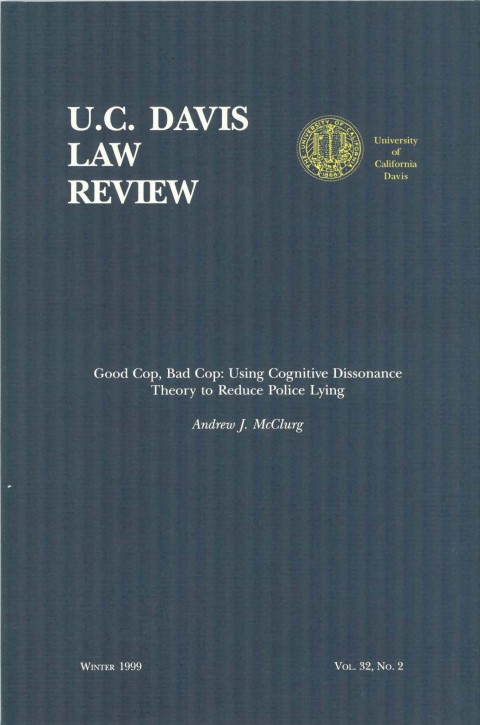
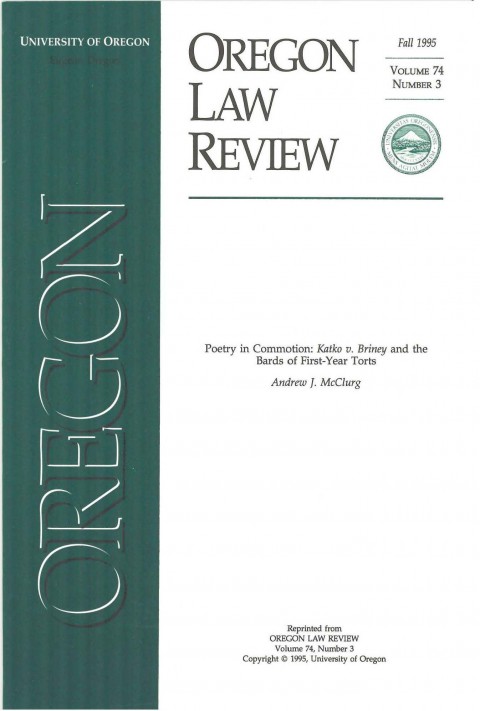
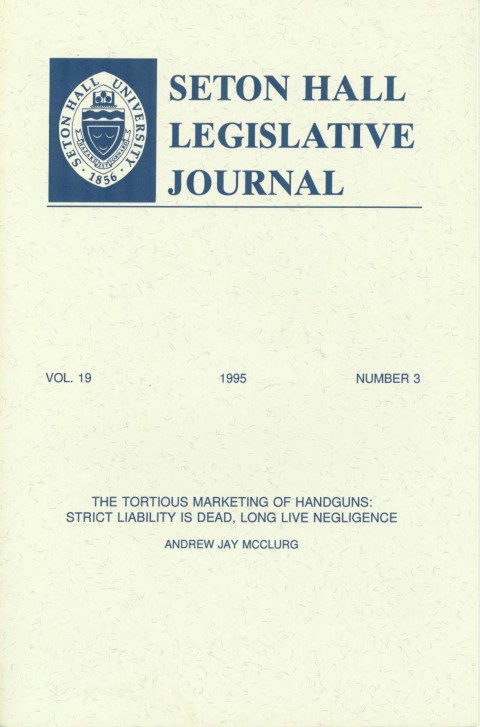
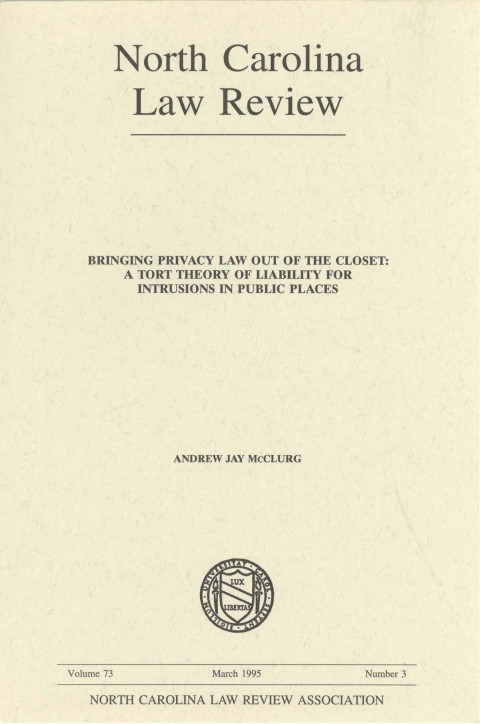
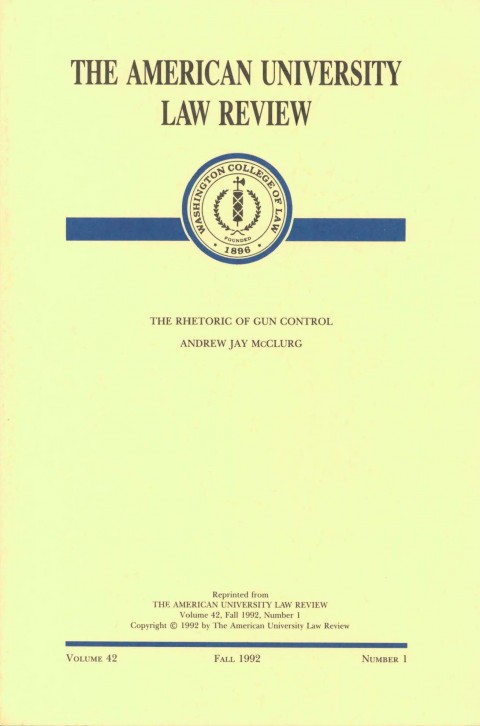
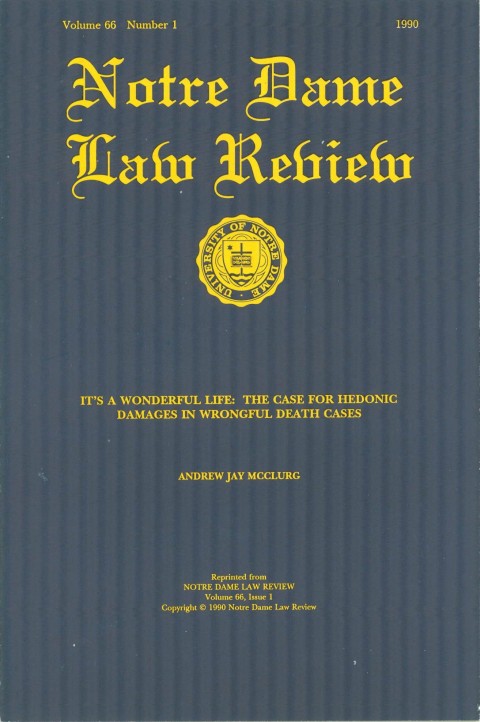
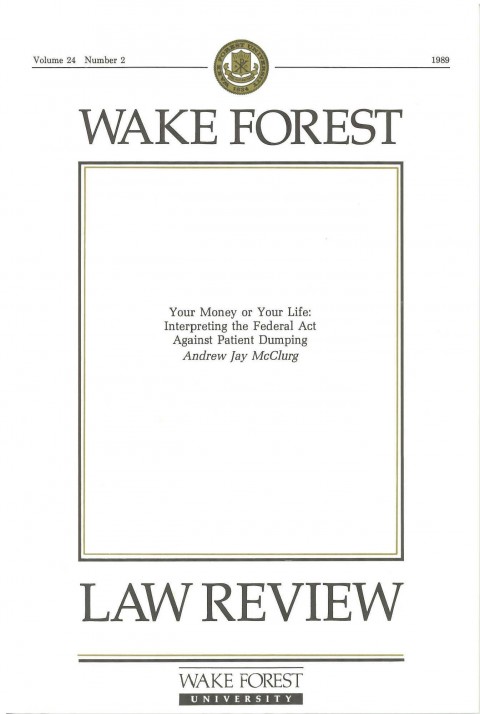
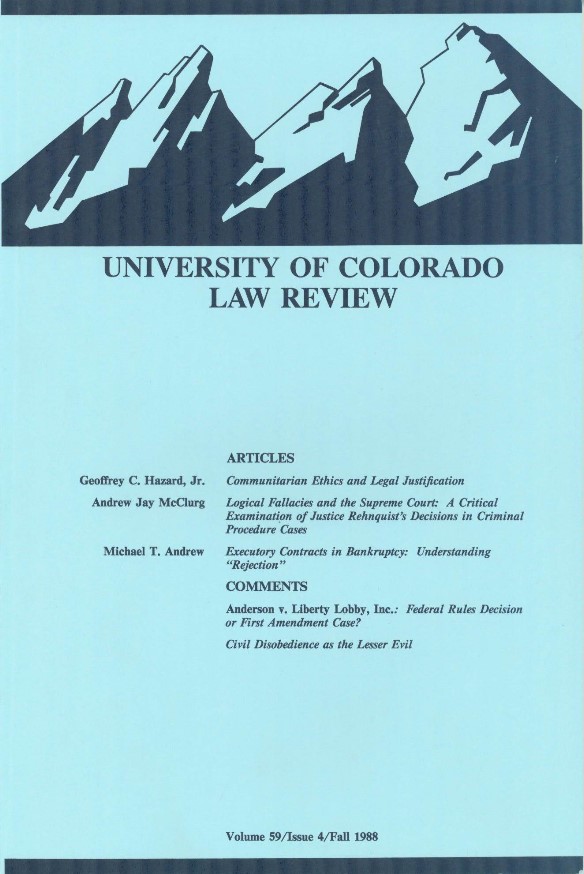
Surely an easy defense to this is the defense of consent. By paying to enter a haunted house the injured party has consented to the act of being scared by the location and ambience and as such the house is not liable for the injury caused during the act.